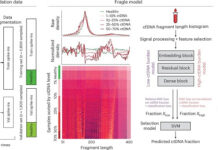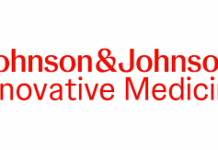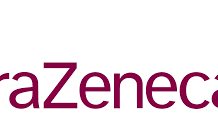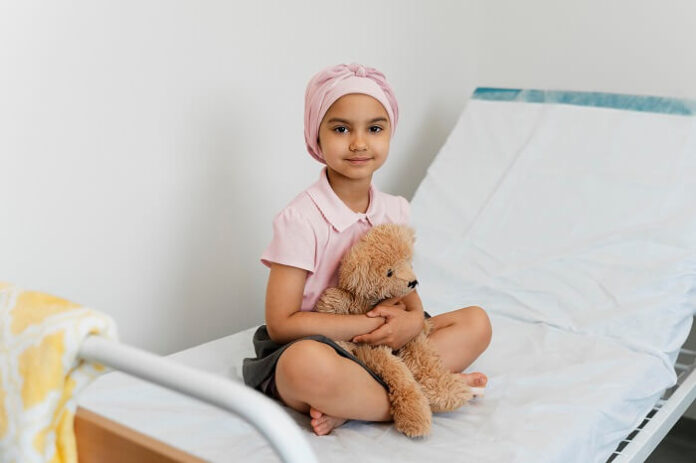In 2008-09, approximately 25% of children with cancer registered at Tata Memorial Hospital (TMH), Parel, would either drop out of treatment or have their parents refuse care. Fifteen years later, this rate has plummeted to just 1.8%, thanks to targeted financial support and psychosocial interventions implemented by TMH’s pediatric oncology department.
Today, TMH ensures free treatment for all pediatric cancer patients through a combination of government funding and over ₹50 crore annually raised from corporate and individual donations. This support extends to nutrition, accommodation, and travel expenses for families. Across its seven centers in India, TMH registers around 4,000 new pediatric cancer patients yearly, with another 2,500 continuing treatment into their second year.
In 2009, TMH conducted an in-depth study, interviewing 300 parents to understand the high dropout rate. “We found illiteracy and poverty to be the main reasons,” said Shalini Jatia, officer-in-charge of the ImPaCCT (Improving Paediatric Cancer Care and Treatment) Foundation under TMH’s pediatric oncology department. Families struggled to find accommodation in Mumbai, access food, and arrange for blood or platelet donors.
Gender bias was another key issue. “Parents were willing to take loans for boys but not for girls,” said Dr. S. Banavali, Director (Academics) at TMH. Many families, particularly those from outside Mumbai, faced the difficult decision of prioritizing the needs of other children over one child’s cancer treatment. Concerns about treatment-related disfigurement, such as amputation for bone cancer or eye loss from retinoblastoma (which has since been largely mitigated by medical advancements), also contributed to dropout rates.
Over the past 15 years, the ImPaCCT Foundation has developed various programs with NGO and corporate support to address these challenges. Pediatric patients now receive free treatment, accommodation for their families, and essential rations. Educational partnerships ensure children can continue their studies through hospital-based classrooms, while financial aid is available for vocational training after recovery. “Dropout rates among girls have significantly decreased,” noted Dr. Banavali.
As reported by TOI, the team raises ₹60 crore annually for patient care. Upon admission, each child’s hospital account is credited with ₹25,000 to cover diagnostic tests. “We try to address families’ specific needs,” said Jatia. For example, if a mother is expecting, the team provides nutritional and medical support through the nearby Wadia Hospital.
This comprehensive approach has drastically reduced dropout rates, making pediatric cancer treatment more accessible and equitable for families across the country.
























